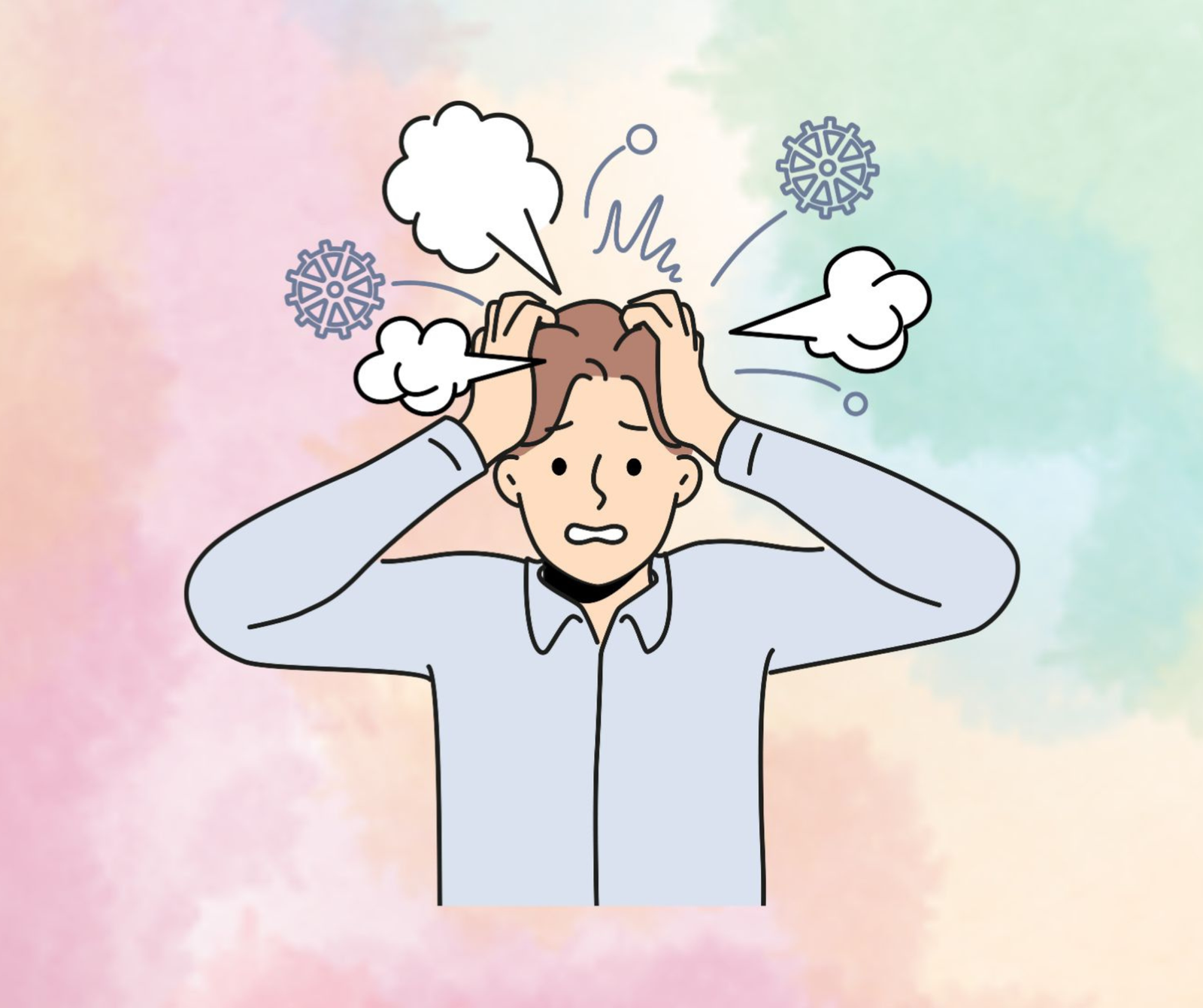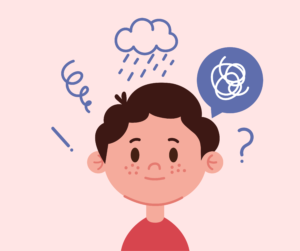Struggling with poor concentration can make daily tasks frustrating and unproductive. Whether it’s difficulty focusing at work, trouble retaining information, or a wandering mind, understanding the causes of poor concentration and implementing focus improvement strategies can enhance cognitive performance and overall well-being.
Common Symptoms of Poor Concentration
Lack of focus can manifest in various ways. Some of the most common symptoms of poor concentration include:
- Difficulty completing tasks efficiently
- Frequent distractions and lack of attention
- Forgetfulness and trouble retaining information
- Mental fatigue and brain fog
- Struggling to follow conversations or instructions
If these issues persist, they may indicate underlying causes that need to be addressed.
Causes of Poor Concentration
There are several potential causes of poor concentration, ranging from lifestyle factors to underlying health conditions. Some of the most common causes include:
- Lack of Sleep: Sleep deprivation affects cognitive function and reduces attention span.
- Stress and Anxiety: High stress levels can overwhelm the brain, making it difficult to concentrate.
- Poor Nutrition: A diet lacking essential nutrients, such as omega-3 fatty acids and vitamins, can impair brain function.
- Digital Overload: Excessive screen time and multitasking can lead to reduced attention span and focus.
- Dehydration: Even mild dehydration can negatively impact cognitive abilities.
- Underlying Health Issues: Conditions like ADHD, depression, or thyroid disorders can contribute to chronic poor concentration.
Effective Strategies to Improve Concentration
While poor concentration can be challenging, adopting the right focus enhancement techniques can make a significant difference. Here are some effective ways to improve concentration:
1. Prioritize Quality Sleep
Getting adequate sleep is essential for mental clarity and cognitive function. Aim for 7-9 hours of quality sleep each night to enhance focus.
2. Manage Stress and Anxiety
Practicing stress reduction techniques, such as mindfulness, deep breathing, or meditation, can help alleviate anxiety and improve concentration.
3. Optimize Your Diet
Eating brain-boosting foods like leafy greens, nuts, and fatty fish can support mental sharpness and increase attention span. Staying hydrated is equally important.
4. Limit Digital Distractions
Reducing screen time and practicing digital detox strategies can help refocus your mind. Try techniques like the Pomodoro Technique to improve productivity.
5. Exercise Regularly
Physical activity enhances blood flow to the brain, improving memory, concentration, and overall cognitive function.
6. Break Tasks into Smaller Steps
Large tasks can be overwhelming. Breaking them into manageable steps can boost productivity and enhance focus.
7. Consider Professional Help
If persistent poor concentration affects your daily life, consulting a healthcare professional can help identify and address any underlying issues.
Final Thoughts
Experiencing difficulty concentrating is common, but it doesn’t have to interfere with productivity and daily tasks. By understanding the causes of poor concentration and applying effective focus improvement techniques, individuals can regain mental clarity and enhance cognitive performance. Prioritizing sleep, managing stress, adopting a brain-healthy diet, and minimizing distractions are all crucial steps in achieving better focus.
If you’re struggling with chronic poor concentration, consider making small lifestyle changes and seeking professional guidance if necessary.




